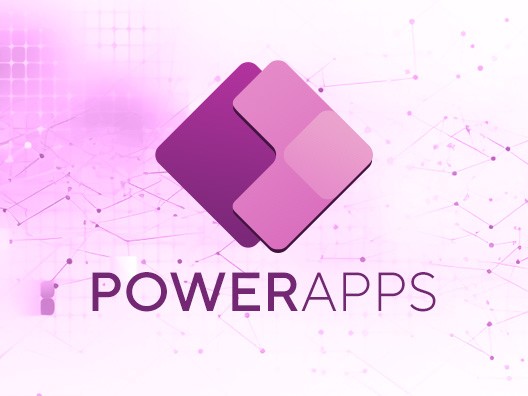In today's dynamic business landscape, data analysis has become the cornerstone of informed decision-making. For this reason, aspiring data analysts must equip themselves with a diverse set of technical skills to navigate the complexities of this field. Let us delve into a short review of the top five technical skills that can help propel one’s career in data analysis.
Database Management
Data analysts must know how to navigate and manipulate vast datasets efficiently. This entails understanding data storage, retrieval, and optimization. Data management skills equip you to handle large-scale datasets, ensuring seamless data analysis and reporting.
A system like MySQL Workbench will help facilitate database design, modeling, and SQL query development. Another example is MongoDB Compass which is ideal for NoSQL databases. MongoDB Compass provides a graphical interface for database exploration and querying.
Proficiency in Programming Languages
Data analysts should be fluent in programming languages like Python, R, and SQL. However, this may not be the first skill that must be acquired by the data analyst, when following the “easy-to-hard” style of learning data analysis.
Python's versatility and extensive libraries make it a powerful tool for data manipulation and analysis. R is renowned for its statistical computing capabilities, while SQL is crucial for database management. With a solid foundation in any of these languages, the data analyst can enhance their ability to handle diverse datasets and automate analytical processes.
Data Visualization
The ability to communicate insights effectively is paramount for a data analyst. Proficiency in data visualization tools like Tableau, Power BI, or Matplotlib in Python is essential. Proficient data visualization not only simplifies complex findings but also facilitates decision-making among non-technical stakeholders. Visual storytelling is a skill that can set you apart in the competitive world of data analysis.
Tableau simplifies complex data into interactive and visually compelling dashboards thereby facilitating effective communication of insights. Microsoft's Power BI empowers analysts to create interactive reports and visualizations, seamlessly integrating with other Microsoft tools for a comprehensive analytical ecosystem. Matplotlib and Seaborn offer customizable and publication-quality plots, thus enhancing the visual storytelling aspect of data analysis.
Statistical Analysis
A strong grasp of statistical concepts is fundamental to extracting meaningful insights from data. Understanding probability, hypothesis testing, and regression analysis is crucial for accurate decision-making. Proficiency in statistical tools such as SAS or SPSS enhances your ability to derive actionable insights and contribute to data-driven strategies within your organization.
Other tools include MATLAB which supports algorithm development, data analysis, and visualization through a user-friendly interface; and Excel's Data Analysis ToolPak which offers a range of statistical functions that are ideal for those starting in statistical analysis.
Machine Learning Aptitude
As organizations increasingly adopt machine learning to extract predictive insights, having a foundational understanding of machine learning algorithms is a valuable asset. Familiarity with tools like Scikit-learn or TensorFlow allows you to implement machine learning models for tasks such as classification, regression, and clustering.
Integrating machine learning into your skill set positions you as a forward-thinking data analyst capable of addressing complex business challenges. Apart from Scikit-learn and TensorFlow, Microsoft's Azure machine-learning platform offers a comprehensive suite for building, training, and deploying machine-learning models in a scalable and cloud-based environment.
In the ever-evolving landscape of data analysis, mastering these top five technical skills provides a solid foundation for a successful career. As you embark on this journey, remember that continuous learning and adaptability are key. You must stay abreast of industry trends, explore emerging technologies, and embrace the dynamic nature of data analysis to thrive in this exciting field.







